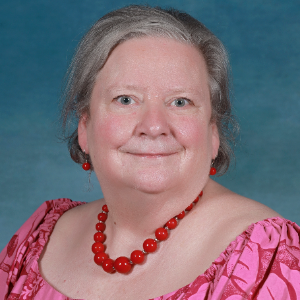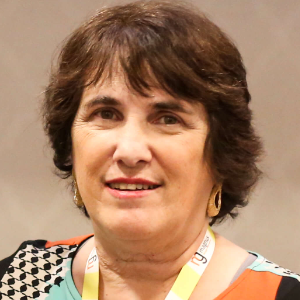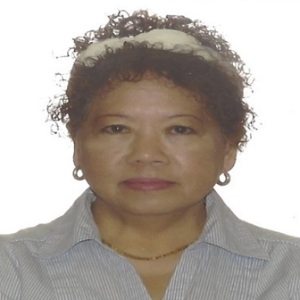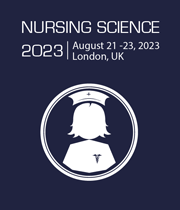Nurse Protection During Pandemics
Despite the risks of exposure and a lack of clinical resources, nurses have been dubbed "heroes" by politicians, the media, and the general public for their dedication to giving front-line care to persons with COVID-19. COVID-19's impacts have been felt in every corner of the globe, and they are still spreading. As nurses use the power of storytelling to share their own experiences with COVID-19, anecdotes continue to emerge. Nurses working in critical care settings have seen some of the most rapid changes as a result of COVID-19. Nurses are exposed to infectious diseases at a high incidence. Nurses and other health care personnel have faced a global shortage of PPE during the COVID-19 outbreak, and institutions have used novel methods to retain and reuse PPE. A large proportion of nurses were also experiencing moral distress as a result of the constant pressure to maintain the resources required to offer safe and high-quality nursing care. Nurses were also faced with the task of preventing many COVID-19 patients from communicating with their family at the end of their lives.
- Nurses Safety
- Nurses Role
- Equipment and PPE Kits
- Response to The COVID 19 Pandemic
- Mental Health and Distress

Nina Beaman
Aspen University, United States
Daryle Wane
Pasco-Hernando State College, United States
Robin Adams Geiger
Ingenovis Health, United States
Elvessa Narvasa
Quebec CCN, Canada
Sue Roe
The Roe Group Enterprises, LLC, United States
Maria Kozlowski Gibson
Cleveland State University, United States


Title : Nurse as designer: Innovative practice contributing to nursing science
Jean Ross, Otago Polytechnic, New Zealand
Title : Creating a culture of mentorship: Empowering nurses to reach their full potential
Robin Adams Geiger, Ingenovis Health, United States
Title : Emerging paradigm of patient care in the age of wearable technology
Elvessa Narvasa, Quebec CCN, Canada
Title : Late adverse effects of the treatment for childhood cancer
Jelena Roganovic, University of Rijeka, Croatia (Hrvatska)
Title : Relevance of clinical practice in nursing education
Daryle Wane, Pasco-Hernando State College, United States
Title : The neurobiology of aggression: De-escalation and whole-brain processing techniques
Nina Beaman, Aspen University, United States